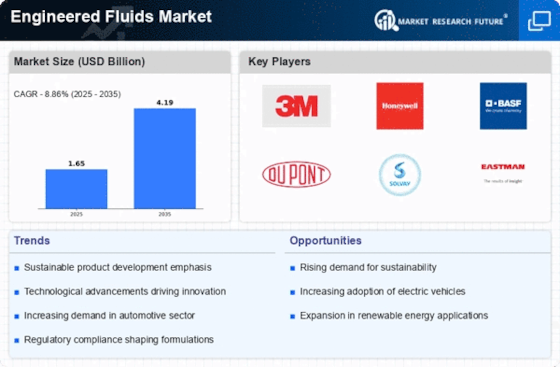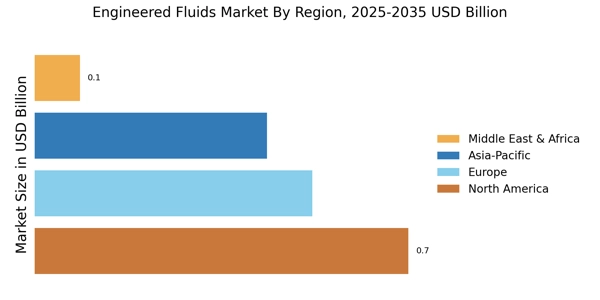Research Methodology on Engineered Fluids Market
Research process and outline
This report is compiled using primary and secondary research using internal and external resources. The research process includes an examination of the key influence factors prevailing in the global engineered fluids and fluorinated oils market. Relevant data obtained from these sources is synthesized, analyzed, and represented in the form of market reports, which are then validated by obtaining feedback from the stakeholders located in the leading regions of the world. The research process also includes data collection from various sources such as books, industry journals and magazines, websites, conferences, and other market forums. The data analysis process is based on market research principles, which are aimed to aid in understanding the market dynamics.
Secondary research
Secondary research is the foundation of our research process. It is a critical aspect of market research data collection. To develop this research report, various internal and external secondary sources such as company reports, company brochures, company websites, credible databases, industry white papers, and international magazines.
Primary research
Primary research is extensively used to validate the data obtained from secondary research. In primary research, information such as market trends, market size, competitive landscape, market dynamics, and the growth rate can be validated. Primary information is obtained by conducting interviews with key decision makers of leading companies in the global market. The interview is designed to gain insight on the strategies implemented by leading companies to gain a competitive edge over its competitors.
Market estimation
The global market estimates of different segments and sub-segments are validated and confirmed by conducting primary and secondary research. Market estimation is based on the demand-side approach and supply-side approach.
Data validation and triangulation
Data triangulation is used to calculate the market size by triangulating the data obtained by secondary and primary research. Data triangulation is used to validate the estimated and forecasted market figures, in terms of volume and value. The top-down and bottom-up approaches are used to validate the data of the global engineered fluids and fluorinated oils market.
Market breakdown and data triangulation
Data triangulation and market breakdown are used to analyze and collect information about the market and its different ranges, this is done to get a detailed market view for each segment and sub-segment. The market dynamics are identified and validated by data collected from various sources, including the suppliers, the demand-side stakeholders, and the industry experts.


















